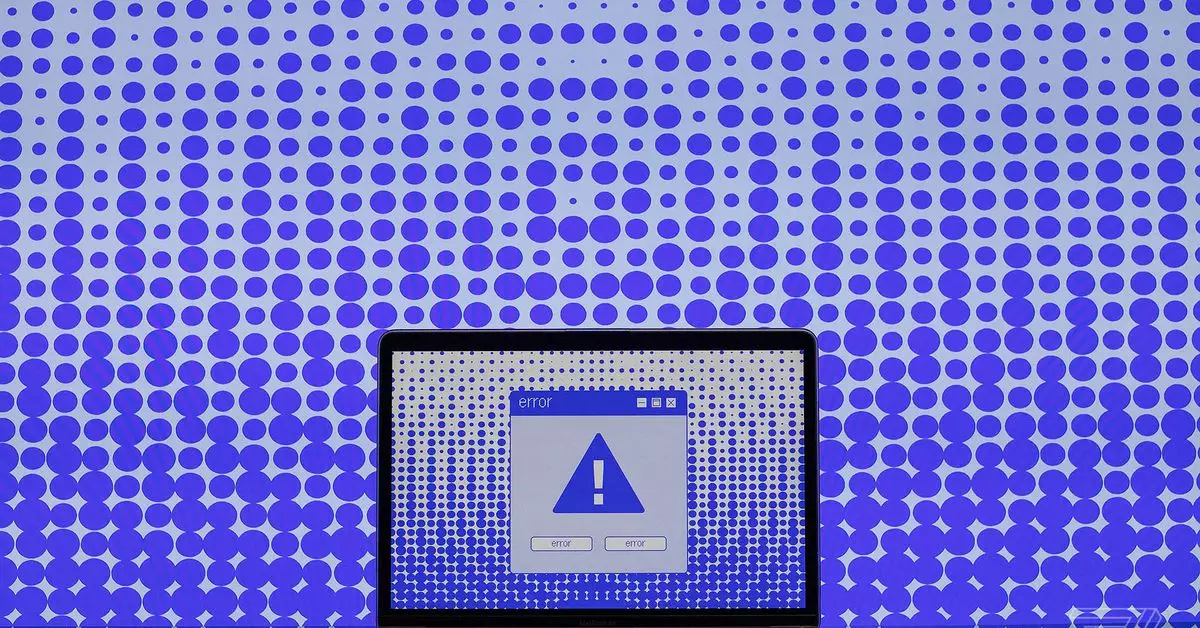The Internet Archive, a vital digital repository that has preserved countless records and media, is grappling with a substantial cyberattack that has knocked its services offline. Known primarily for its Wayback Machine, which allows users to revisit archived web pages, the organization faces unique challenges in an increasingly perilous cybersecurity landscape. According to Brewster Kahle, the founder of the Internet Archive, operations are projected to resume within mere days; however, the impact of this recent breach has left many users and stakeholders concerned about the implications of such vulnerabilities.
Earlier this week, the organization was hit by a Distributed Denial of Service (DDoS) attack compounded by a data breach that exposed sensitive information, including email addresses and associated account details linked to over 31 million users. The gravity of this breach is underscored by the fact that it affects a vast and diverse user base, many of whom utilize the Internet Archive for academic research, historical documentation, and other essential services. The breach raises critical questions about data security practices and how organizations like the Internet Archive safeguard user information.
The Response and Recovery Efforts
In response to the breach, Kahle assured users that while services remain offline as a precautionary measure, the data itself is secure. This reassurance aims to alleviate immediate concerns, but it does not negate the underlying issues that have surfaced. While it is comforting that the data has not been compromised in a traditional sense, the exposure of account details illuminates vulnerabilities that could potentially facilitate ongoing attacks or identity theft. The ongoing work to enhance security involves a comprehensive review of existing protocols, but it also highlights the need for improved defenses across the digital spectrum.
Amidst this chaos, the importance of consumer awareness cannot be overstated. The founder of Have I Been Pwned, Troy Hunt, confirmed he received files containing the compromised data, signaling that individuals can take proactive steps to ascertain whether their accounts have been compromised. This situation should serve as a wake-up call for users everywhere; it is crucial to remain vigilant by using strong passwords and enabling multi-factor authentication wherever feasible.
This incident reflects a growing trend of cyberattacks targeting online archives, data repositories, and digital platforms. As our reliance on digital resources increases, so too does the need for robust cybersecurity measures. It is essential for organizations like the Internet Archive to reassess and fortify their defenses against such malign influences, thereby ensuring the continued availability of critical digital resources to the public. As we await the restoration of services on the Internet Archive, the focus must shift to cultivating a culture of security that promotes both awareness and resilience in the face of digital threats.
While the Internet Archive’s services will likely be restored shortly, the incident serves as an urgent reminder of the vulnerabilities inherent in our digitally interconnected world.

